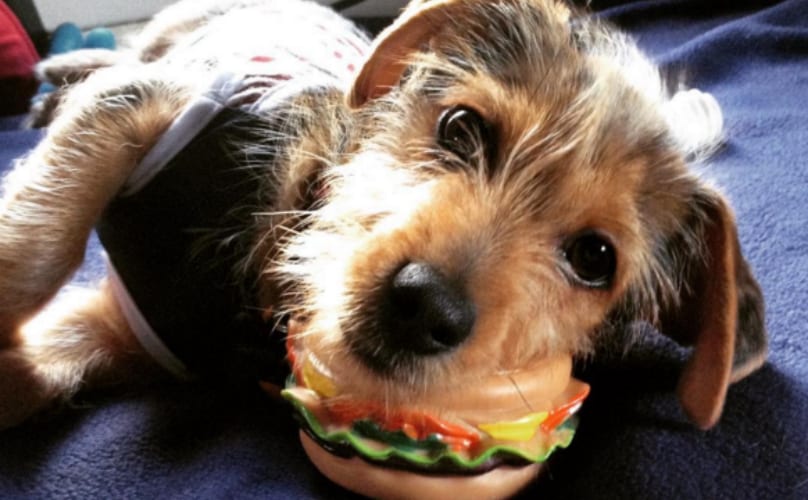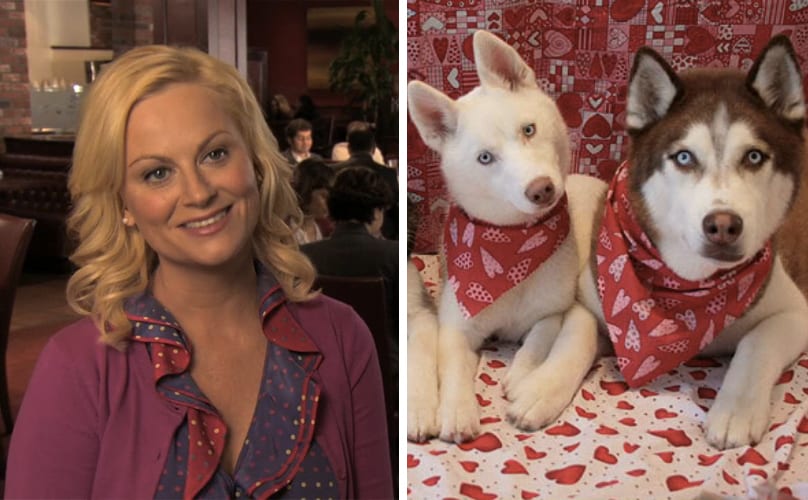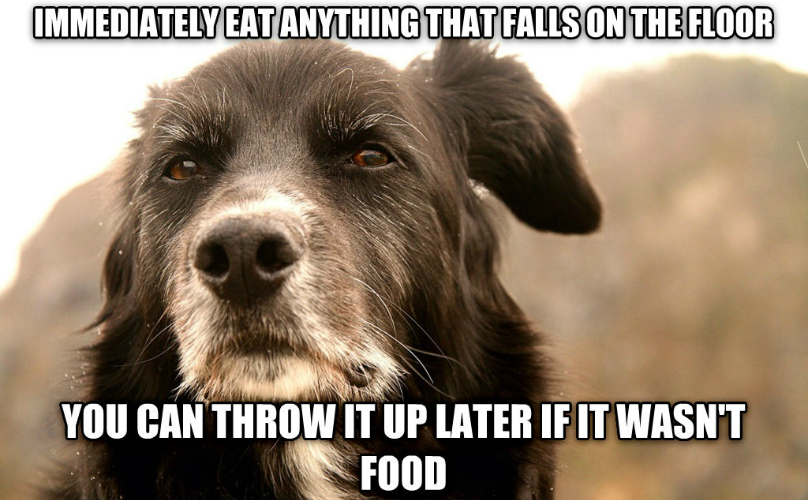“What the pup?! Is my dog choking to death?”
If you’ve ever heard the unnerving sound of a reverse sneeze, you’ve probably had these thoughts.
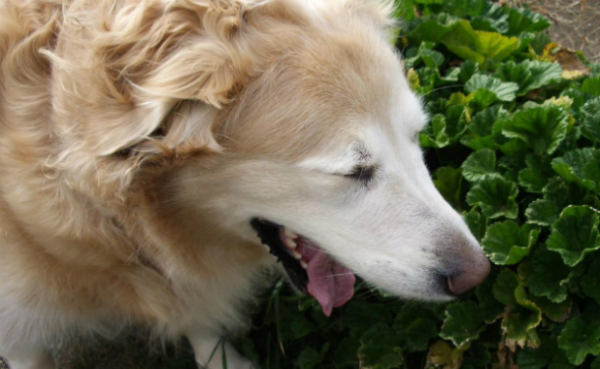

The first time I witnessed a reverse sneeze in action, I thought my newly-adopted shelter pup had kennel cough. A vet informed me that it was fairly common, definitely alarming, but not necessarily dangerous or life-threatening.
I took to the Internet, of course. Turns out I’m not the only one to have freaked the pup out over the terrifying sounds:
So what IS this horking, harfing, hocking mess? Hairball? And how can it be prevented or treated?
A reverse sneeze (or inspiratory paroxysmal respiration, if you’re into sexy science words) is a series of rapid inhalations that are an involuntary reflex to the presence of irritants or excitement. A regular sneeze is a quick exhalation to expel irritants. So a reverse sneeze is, simply and perhaps obviously put, the opposite of a sneeze.
Dogs of all sizes, breeds, and ages can experience this phenomenon, but it’s more likely to occur in small dogs and brachycephalic breeds (like Pugs). Excitement after a walk or activity, temperature change, and allergies are all potential triggers. Injury to the throat or neck can be a cause, which is why it’s important to walk smaller dogs on harnesses.
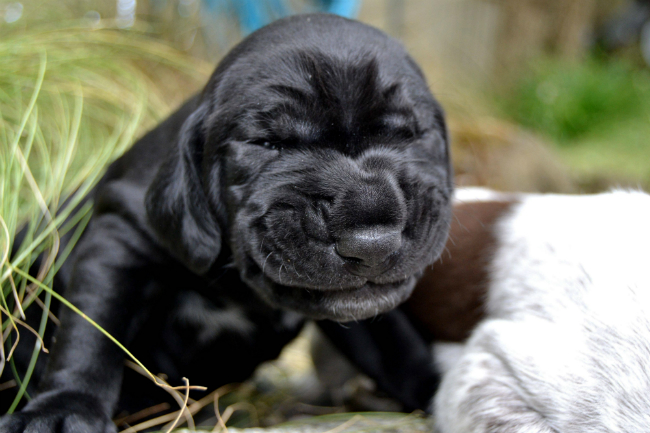

The response among most pup parents? “Poor puppy! What can I do to make it stop?!” It probably worries us more than it actually hurts them, but some dogs may be really uncomfortable during episodes.
[bp_related_article]
You can help ease their discomfort by gently massaging their throat, or even pinching their nostrils closed to help regulate their breathing.
Reverse sneezing usually doesn’t require treatment. However, if your dog experiences unusually long episodes of reverse sneezes, you might want to consult your vet for testing or observation to rule out a crushed windpipe, collapsed trachea, or any other medical condition.
Dr. Karen Becker explains it really well in the video below:
Reverse sneezing isn’t the only kind of sneeze you may hear from your pup, though. Check out this article to learn why dogs sneeze when playing!



